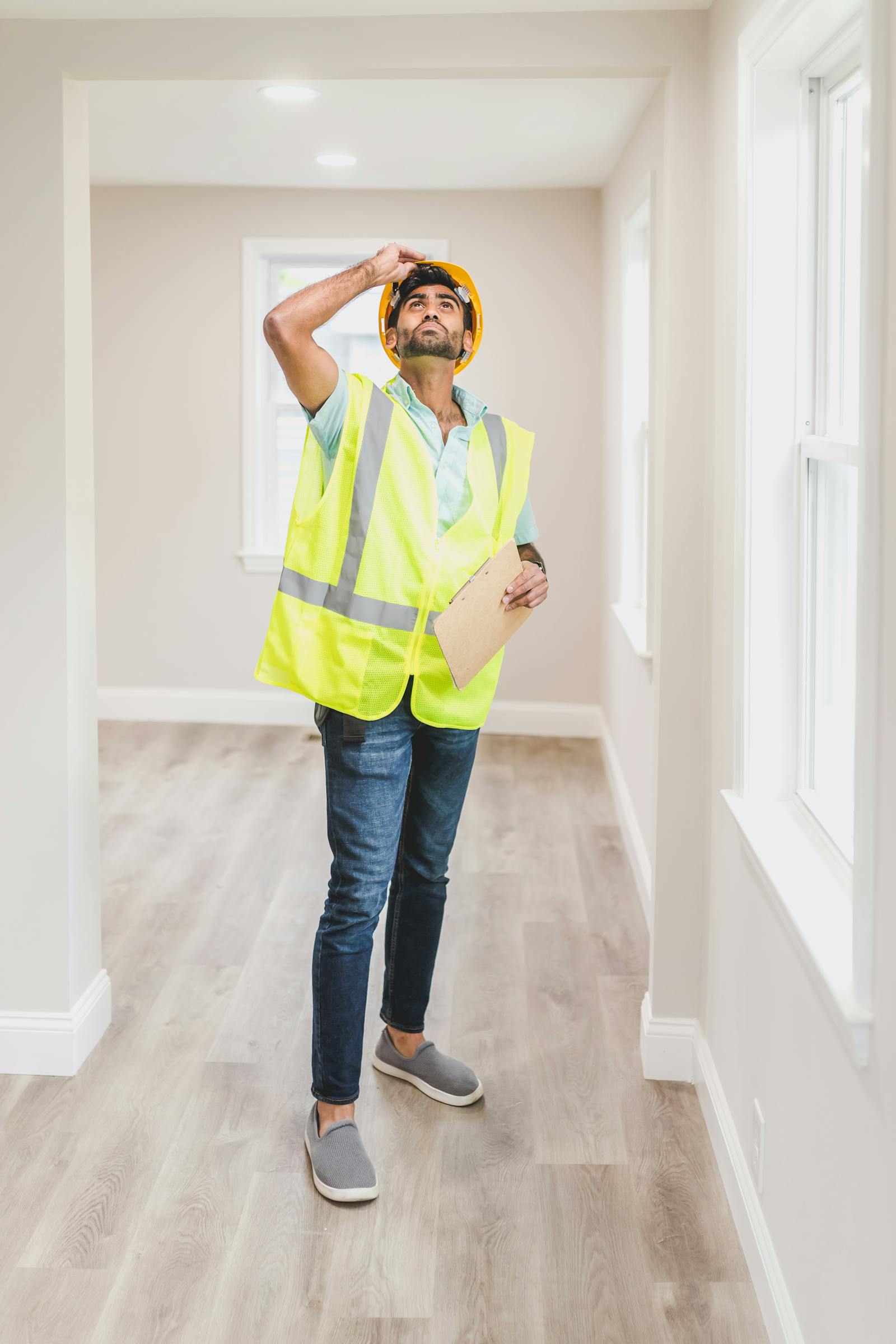Introduction – Why Home Inspections Are a Must in Ottawa
The Role of Inspections in the Homebuying Process
Whether you’re buying a cozy townhouse in Barrhaven or a historic home in The Glebe, a home inspection is one of the most important steps before closing the deal. It helps you understand exactly what you're buying—inside and out—so you can move forward with confidence (or walk away wisely).
Local Conditions Buyers Should Watch For
Ottawa’s weather extremes—cold winters, humid summers, and clay-heavy soils—can cause issues like foundation cracking, insulation gaps, and roof deterioration. That’s why local experience matters when hiring a home inspector.
What is a Home Inspection, and Why Does It Matter?
What It Includes (And Doesn’t)
A home inspection is a non-invasive, visual examination of a home’s major components. It typically includes:
Roof and attic
Foundation and structure
Plumbing and electrical systems
Windows and doors
HVAC systems
Visible mold, moisture, and pests
It does not include tearing into walls, septic inspections, or chimneys (unless arranged separately).
How It Protects Buyers
An inspection protects you from buying a home with serious, unseen issues. It also gives you leverage to:
Renegotiate the sale price
Request repairs
Plan for future maintenance costs
What Ottawa Inspectors Typically Check
Structure and Foundation
Inspectors look for:
Wall and ceiling cracks
Uneven floors or door frames
Water damage or signs of settling
Plumbing and Electrical Systems
Common checks include:
Leaky faucets or poor water pressure
Type and condition of wiring
Electrical panel safety and grounding
Roofing, Attic, and Insulation
Expect them to evaluate:
Roof shingles and flashing
Attic ventilation and insulation levels
Evidence of leaks or pests
HVAC and Water Heaters
They’ll test:
Furnace and A/C function
Thermostat calibration
Hot water temperature and tank age
Exterior: Siding, Decks, Windows
Inspectors assess:
Condition of siding and soffits
Stability of decks and porches
Window seals, sills, and efficiency
The Home Inspection Timeline
When It Happens in the Buying Process
Home inspections occur after your offer is accepted, typically within 5–7 business days during the conditional period. This gives time to back out or renegotiate if issues arise.
How Long It Takes and Who Attends
The process takes 2–3 hours, depending on size and condition.
Buyers are encouraged to attend and ask questions.
Your real estate agent may join, but the inspector leads the walkthrough.
What to Bring and Ask During the Inspection
Key Questions to Ask
“Is this issue cosmetic or structural?”
“How urgent is this repair?”
“What does this cost to fix?”
“What’s considered normal wear?”
What Buyers Should Watch For
Roof age and condition
Evidence of past water damage
Signs of DIY electrical or plumbing work
Foundation cracks or mold around basement walls
Understanding the Home Inspection Report
Red Flags vs. Cosmetic Issues
The home inspection report breaks down the home’s components into critical, moderate, and minor issues. Key things to pay attention to:
Red Flags: Foundation issues, electrical hazards, roof leaks, or signs of mold. These may require immediate attention or justify backing out of the deal.
Cosmetic Issues: Chipped paint, worn carpet, or outdated fixtures. These won’t affect function but may impact future renovation costs.
When to Walk Away
If major structural or mechanical problems are discovered and the seller refuses to make concessions or repairs, walking away might be the smartest move. It’s far better than inheriting a financial headache.
Using the Inspection to Negotiate Better Terms
Price Reductions and Repair Credits
A solid inspection report gives you negotiating power. You can:
Request the seller reduce the price to cover repairs
Ask for a repair credit or allowance
Have the seller complete key repairs before closing
In Ottawa’s market, especially during slower seasons, sellers may be more willing to accommodate reasonable requests.
Renegotiation Strategies That Work in Ottawa
Provide quotes from licensed contractors to support your asks
Focus on safety or functional issues (not just cosmetic concerns)
Use your agent to communicate calmly and professionally with the listing agent
How Much Does a Home Inspection Cost in Ottawa?
Typical Price Ranges
Most standard home inspections in Ottawa range from $450–$650, depending on size, age, and complexity of the property.
Extra Costs for Specialized Testing
You may want to add:
Radon testing: ~$150–$250
Mold testing: ~$250+
Septic inspections: ~$300–$500 (for rural properties)
Chimney or WETT inspections (for wood-burning systems): ~$150–$300
Always ask your inspector for a full pricing list before booking.
Pre-Listing Inspections: Should Sellers Do One Too?
Pros and Cons for Sellers
A pre-listing inspection can make your home more attractive by proving it’s well-maintained. It also:
Helps you price the home more accurately
Reduces last-minute surprises
Builds buyer trust
The downside? You'll need to disclose known issues, which could scare off buyers if repairs aren't addressed.
When It Can Help With Faster Sales
If you're in a buyer’s market or listing an older home, pre-inspections can help streamline negotiations and set your property apart from others.
Frequently Asked Questions
Q1: Are inspections mandatory?
No, but highly recommended—especially in older homes. They protect your investment and provide peace of mind.
Q2: What if I’m buying a new build?
New homes often have Tarion warranties, but inspections can still reveal builder shortcuts or early wear.
Q3: Can I skip it to make a stronger offer?
Waiving an inspection can make your offer more competitive, but it carries serious risks. Only do this with newer homes or when you’re comfortable with the condition.
Q4: What are common issues found in Ottawa homes?
Foundation cracks (due to clay soil)
Poor insulation
Roofing issues
Outdated aluminum wiring (in older homes)
Q5: Do condos need inspections?
Yes. Inspectors still check plumbing, electrical, HVAC (if inside the unit), and windows. They don’t inspect shared areas but can help spot unit-specific concerns.
Q6: How long is the report valid?
It’s a snapshot in time. If the closing is delayed for months, consider a follow-up or updated walkthrough.
Conclusion – Be an Informed Buyer with a Professional Inspection
A home inspection is one of the smartest investments you’ll make during the buying process. It gives you clarity, negotiating power, and protection against unexpected costs. Whether you're buying your first condo or upgrading to a family home, understanding the inspection process helps you move forward with confidence—and without costly surprises.



